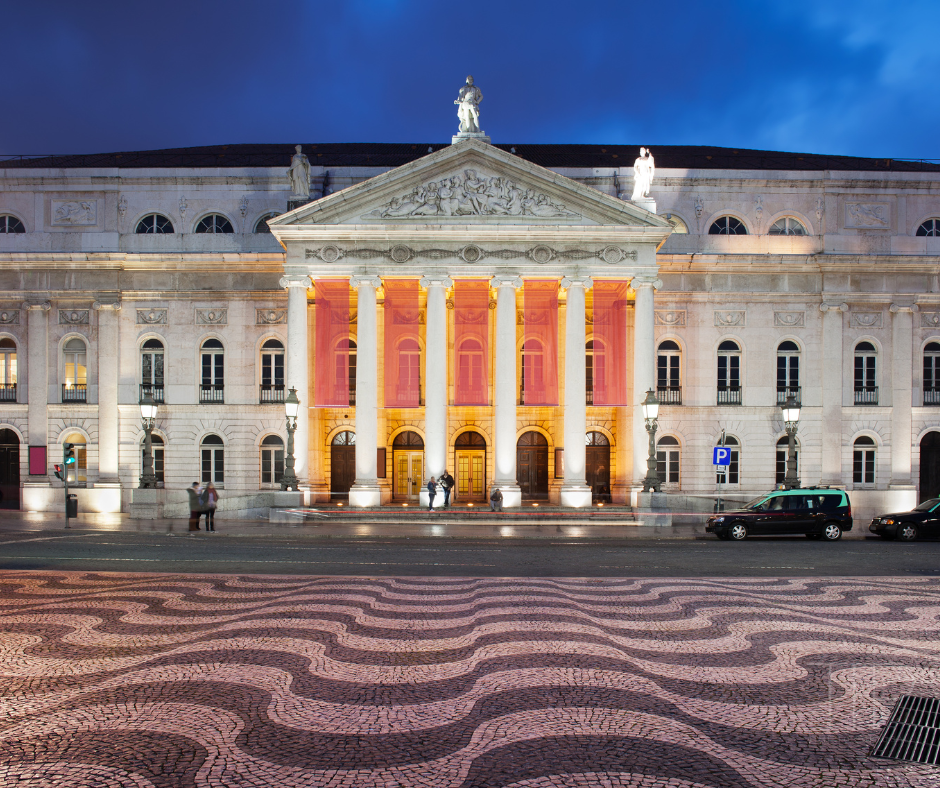The ‘neighboring’ press criticizes the fact that museums and monuments will become much more expensive in 2024 and will no longer be free on Sundays and public holidays for non-residents. “Prices are subject to inflation and have been adjusted. I have no information that there are absurd increases,” Francisco Calheiros, president of the Portuguese Tourism Confederation, told JE.
After recording the best year ever for tourism in 2023 with revenues of 25 billion euros, the Portuguese government seems to want to continue to take even more advantage of this ‘golden goose’ with a price increase in cultural venues. The idea is conveyed by the Spanish press, through an article in the newspaper “El Economista”, which quotes sources from the tourism sector who point to an almost general increase in ticket prices for museums, monuments, palaces or churches that are under the control of the Central Administration.
The article recalls the words of the Secretary of State for Tourism, Nuno Fazenda last week, in which he referred to the country’s best ever tourist year, with more than 30 million guests, a growth of around 10% compared to 2019, which had been the best tourist year, as well as 77 million overnight stays and revenues of around 25 billion euros, a growth of 37% compared to 2019 and 18.5% compared to 2022.
Moreover, the newspaper recalls that in 2023 the government announced that non-residents in Portugal would have to start paying to enter museums, parks, monuments, etc. under state control on Sundays and public holidays (something that hasn’t happened until now), while residents in the country would enjoy discounts and one day a week (usually Sundays) of free entry.
This idea was also highlighted by the Minister of Culture, Pedro Adão e Silva, on RTP3’s “Grande Entrevista” program last July. “We’re going to revise the ticketing system, we’re just finishing it, which will make Sunday and public holidays free for residents in Portugal – Portuguese and foreigners who live in Portugal. But tourists will have to pay on Sundays and public holidays,” he said, adding that 70% of visitors to Portuguese museums are foreigners and, of the 30% of Portuguese visitors, only 15% pay the full price, the rest have discounts of 50% to 60%.
One of the places that the Spanish newspaper highlights that will suffer this price increase is the Pena Palace in Sintra, which with the start of the new year has seen its prices rise from 15 to 20 euros per person. Even so, the article in the Spanish press points out that despite this price increase, Portugal remains one of the cheapest countries in Europe in terms of tourism, a segment that represents 15% of the economy and which has French, German and Spanish tourists as the main markets for this growth.
“I have no information that there are absurd increases”
When interviewed by Jornal Económico (JE), Francisco Calheiros, president of the Portuguese Tourism Confederation (CTP), dismissed the alarm created by the Spanish press about prices.
“Prices subject to inflation have been corrected. It’s not just museums, it’s restaurants, hotels, everything has been corrected. I have no information that there are absurd increases or that they are different from others, it’s a correction. We had a spectacular 2023 and there’s no reason why 2024 shouldn’t be the same or better. If we had another airport, several of the flights we’ve been refusing would be here,” says the president of the CTP.
Moreover, Francisco Calheiros believes that Portugal has been increasingly discovered and has taken advantage of being a safe country, far from military conflicts. “Here [Portugal] and the surrounding area are at peace. Our product is good and we started out only targeting the Algarve, Lisbon and Madeira, but nowadays people have already discovered the Azores, the Center, the North and Minho,” he says.

